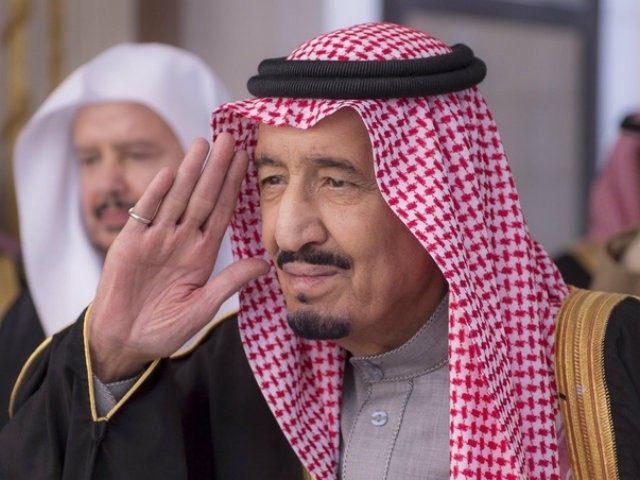Saudi Arabia is still rich, but they are burning through their foreign reserve cash at a record pace due to lower oil prices and an unwillingness to cut the domestic spending that ensures the survival of the royal family. With the nation hemorrhaging cash, Saudi Arabia’s total foreign reserves fell by 5 percent, or $36 billion in just the last two months.
With the January death of Saudi King Abdullah bin Abdulaziz and coronation of his half-brother King bin Abdulaziz Al Saud Salman, the Saudi royal family that has ruled for over 90 years moved quickly to reaffirm their strategy to push the 12 oil-rich members of the Organization of the Petroleum Exporting Countries to maintain high levels of oil production and also maintain high levels of domestic spending on jobs and subsidies.
The International Monetary Fund estimates that the revenues of Saudi Arabia and its Persian Gulf allies will slip by $300 billion this year. The collapse in oil revenue explains why foreign exchange holdings of the Saudi Arabian central bank have crashed from $755 billion at the end of October 2014 to $708 billion at the end of March.
In December, Saudi Arabia announced they were increasing spending in their 2015 budget by 4.3 percent to $228 billion, about equal to the country’s projected oil revenues. But prices for forward deliveries of Saudi crude oil have continued to fall. The kingdom has kept oil production at 9.7 million barrels a day since October in an effort to protect from loss of its market share.
As a result, oil revenues fell by $50 over the next five months, and the new Saudi King was forced to admit the kingdom would run a budget deficit of at least -$40 billion this year. But the Financial Times said the deficit could reach “-$100 billion” before the latest foreign exchange disclosures. If the last two months are annualized, Saudi Arabia is bleeding cash at a rate of -$216 billion a year.
Saudi Arabia had hoped the combination of lower crude oil prices and economic sanctions would create enough of a crisis in Russia, their prime competitor in Europe, to cause a cut production. But after the value of the ruble currency initially fell by 40 percent in 2014, the ruble’s value has risen by more than 17 percent so far this year as Russia has actually continued to increase production.
Forbes commented that, “Sub-$70 oil does not appear to be sustainable for Saudi Arabia, but for now it seems willing to keep spending its cash in an attempt to assert its will on global oil markets.”
Facing a volatile security situation in the Middle East, Saudi Arabia announced in December they were increasing defense spending by 17 percent to $80.8 billion–the fourth highest total in the world. According to the Stockholm International Peace Research Institute, Saudi military spending now represents more than 10% of GDP–the largest of any major country in the world.
Saudi Arabia recently began leading a military campaign against Shiite rebels in neighboring Yemen. King Salman promised a bonus payment for military personnel that took part in the kingdom’s bombardment of Houthi rebels in Yemen. Although the cost of the Yemen intervention is a state secret, it may hit the deficit for another -$15 billion.
The Saudi royal family stays in power because of their wildly expensive entitlement programs for 30 million citizens. Besides high-paying jobs, Saudis receive free health care and subsidized housing, food, and electricity. But perhaps their most expensive subsidy is gasoline at $.45 a gallon.
With negative cash flow accelerating, King Salman recently formed the Supreme Economic Council to take over setting the kingdom’s oil policy. To reduce political control over the state-owned Saudi Aramco production company, the Council on Wednesday approved a restructuring that for the first time since the company’s founding in 1933 removed direct control from the Saudi oil ministry.
There is an old saying that “the easiest way to make a small fortune is to start out with a large one.” Saudi Arabia has the world’s worst negative cash flow, and it is getting even worse.

COMMENTS
Please let us know if you're having issues with commenting.